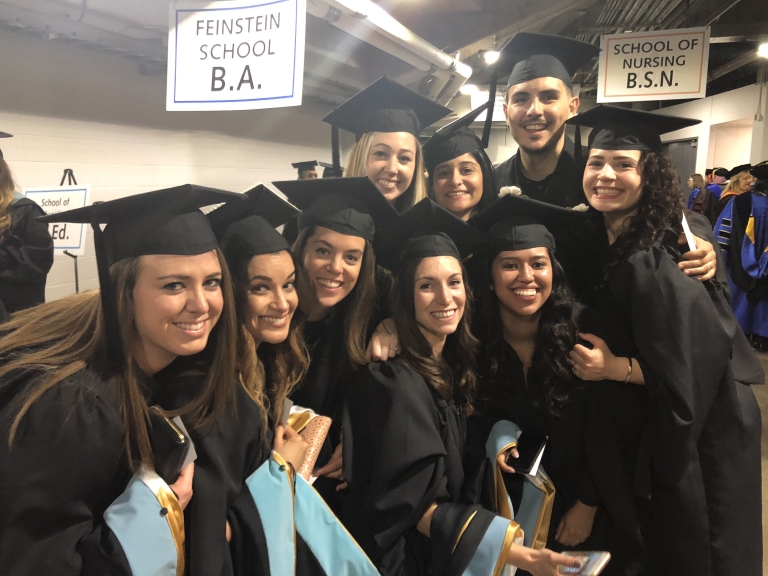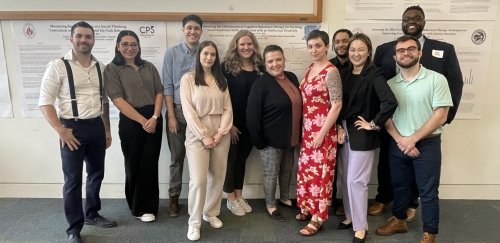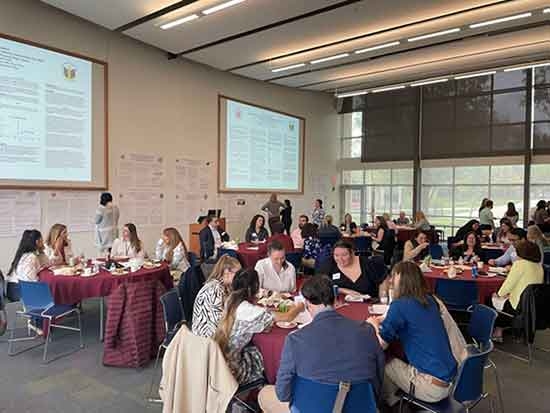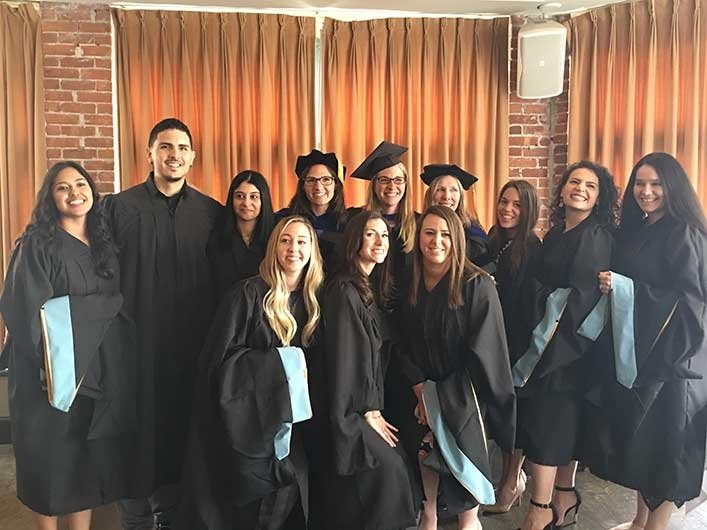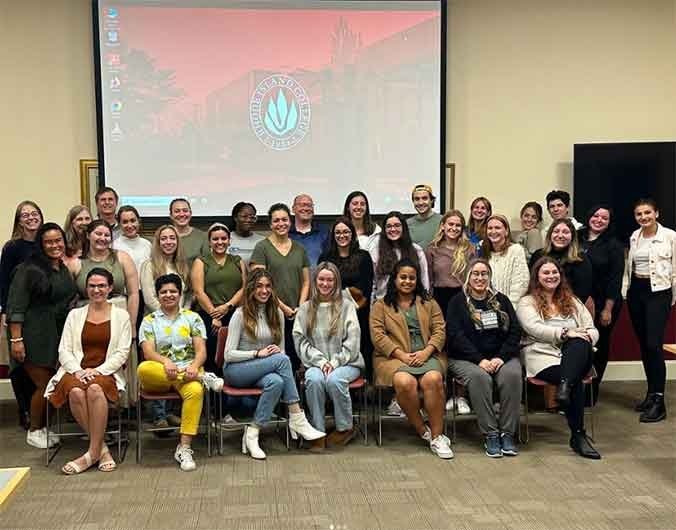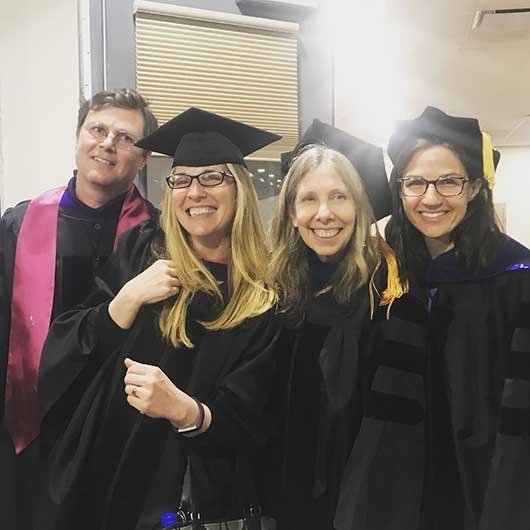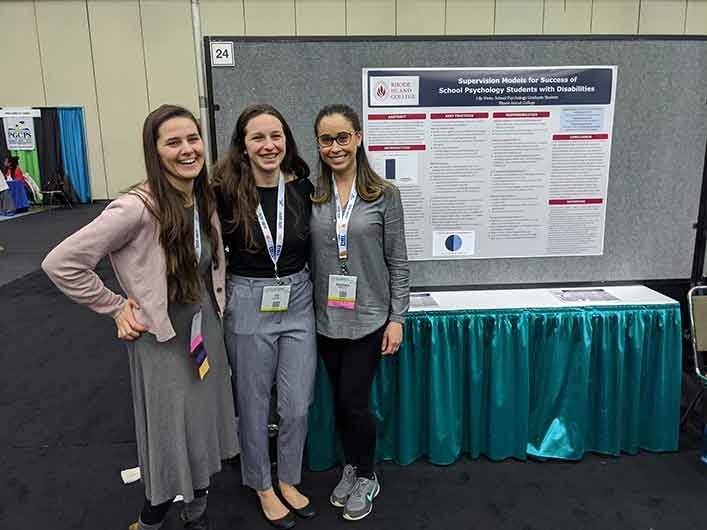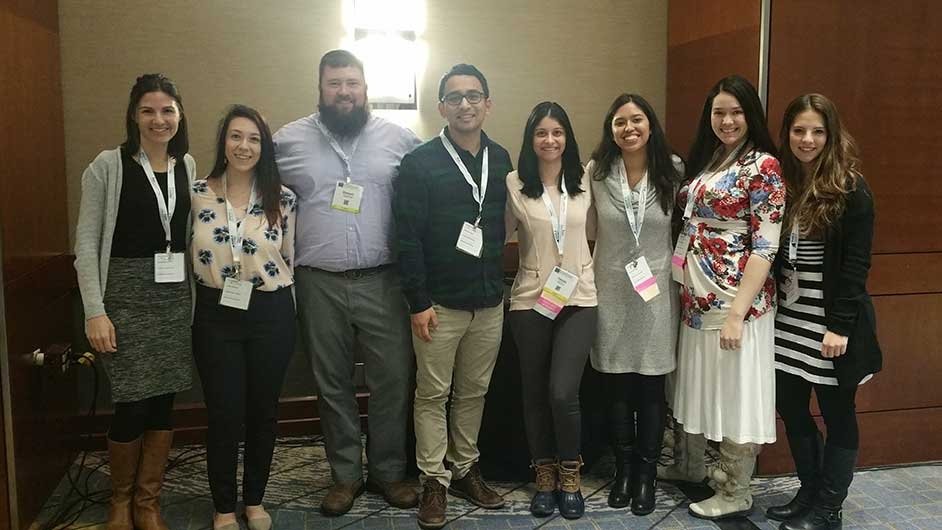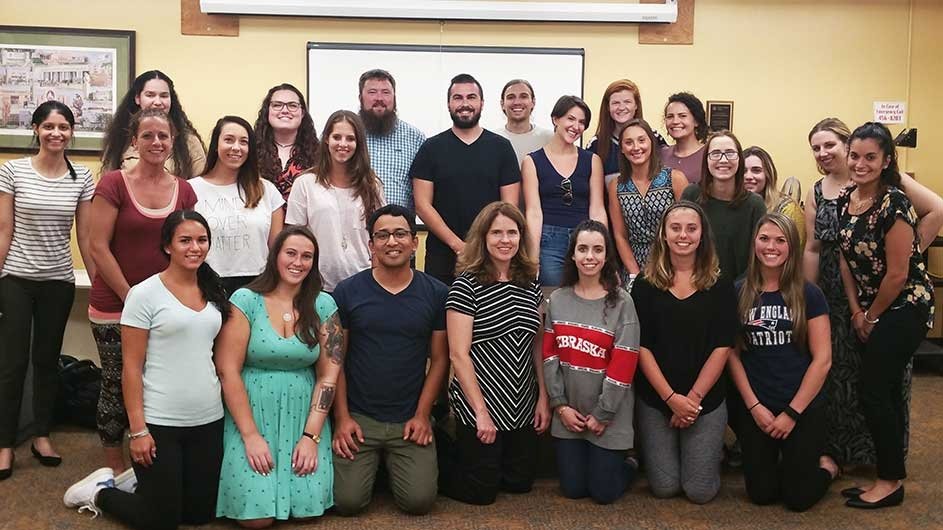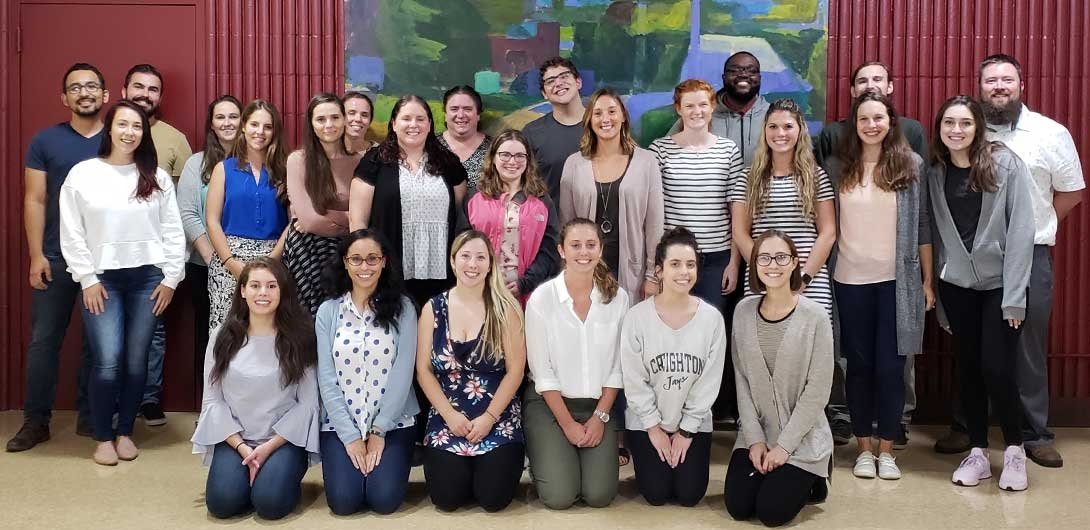About Our Program

- Fully Accredited by the National Association of School Psychologists (NASP).
- Approved "With Distinction" by the Rhode Island Department of Education (RIDE).
- Candidates earn a MA in counseling and CAGS in school psychology in three years.
- Small cohorts of 12-15 candidates per year ensure the best in personalized learning.
- 100% of recent graduates report being "Mostly" or "Extremely" Satisfied with the graduate training they received in our program.
- Financial aid is available, including graduate assistantships and funding through grants.
- Courses are scheduled in the evenings during Fall and Spring semesters
- We have excellent partnerships with local school districts and field supervisors.
- We coordinate internship experiences in Year 3 to ensure that all candidates have a paid internship (minimum $10,000 stipend).
- The employment rate for program graduates is 100%.
School Psychology Program FAQs
Quotes From Recent Graduates:
"The professors are extremely knowledgeable, helpful, and friendly - easily the best part of the program. I still will, on occasion, reach out to professors for help with a situation at work.”
“Practicum and internship placements were well thought out and ensured a well-rounded experience at all grade levels.”
"My intern supervisor was extremely helpful and made sure I have a wide array of experiences within the school setting."
